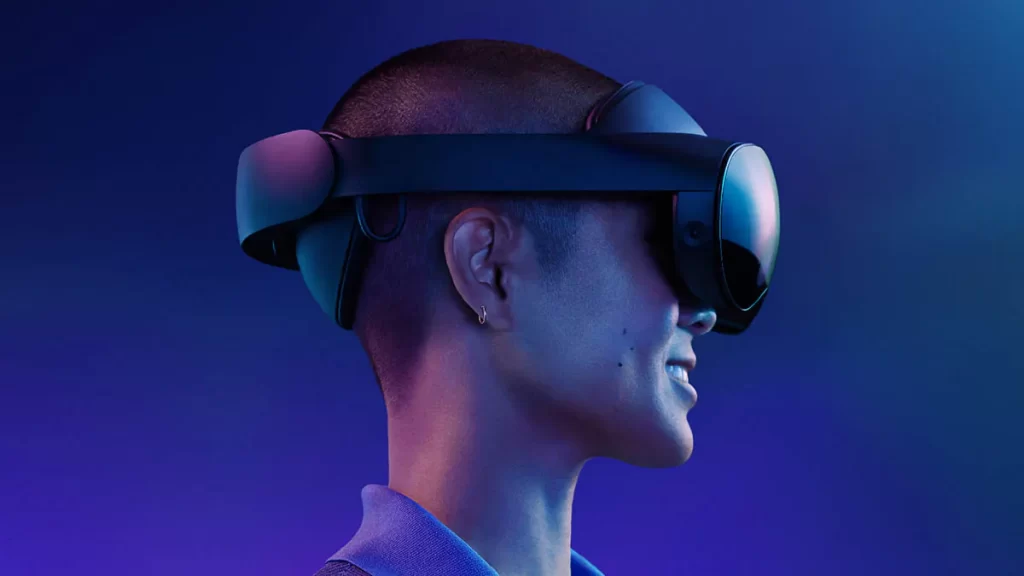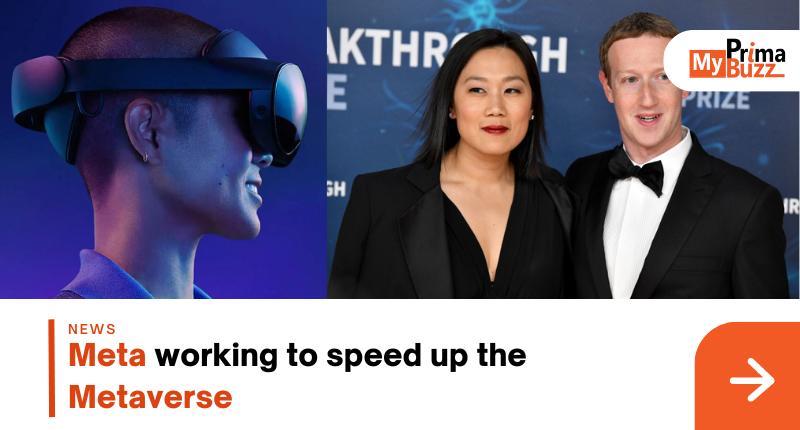A year after rebranding from Facebook to Meta, the social network behemoth is attempting to make the metaverse a regular part of daily life by introducing new features and launching new immersive virtual gear.
Analysts say the company has toned down the hype as it strives to build an interactive virtual world that it considers the upcoming phase of internet activity.
The most significant official statement from this week's Meta Connect event, the company's giant's annual virtual reality conference, was the release of the much-anticipated Meta Quest Pro VR headset, aimed at professionals in creative fields.
Bridges, skyscrapers, footwear, and other objects could be designed in 3-D using metaverse digital tools.
Meta working to speed up the metaverse

The US$1,500 (RM504.42) Quest Pro headset, aimed at architects, engineers, and designers among others, takes a small step in that direction, with new features designed to improve users' perception of actually being in the presence of others.
The company stated that it is collaborating with Microsoft, Adobe, Accenture, and others to integrate popular business software.
According to Rabkin, Microsoft is “really leaning in” to make its widely used software applications, as well as tools built for its own HoloLens augmented reality headset, interoperable with Quest Pro.
Zuckerberg emphasised that Meta wants its VR platform to integrate with other companies offerings.
Quest Pro's technological advances are expected to eventually be integrated into lower-priced headsets aimed at average consumers.
According to the tech news website The Verge, Zuckerberg stated that he did not expect the metaverse to generate significant revenue for the company for several years, setting up a “trough of disillusionment.”
Meta, according to Creative Strategies analyst Carolina Milanesi, has de-emphasized the hype of the metaverse in favour of talking more about the nuts and bolts of the metaverse.

